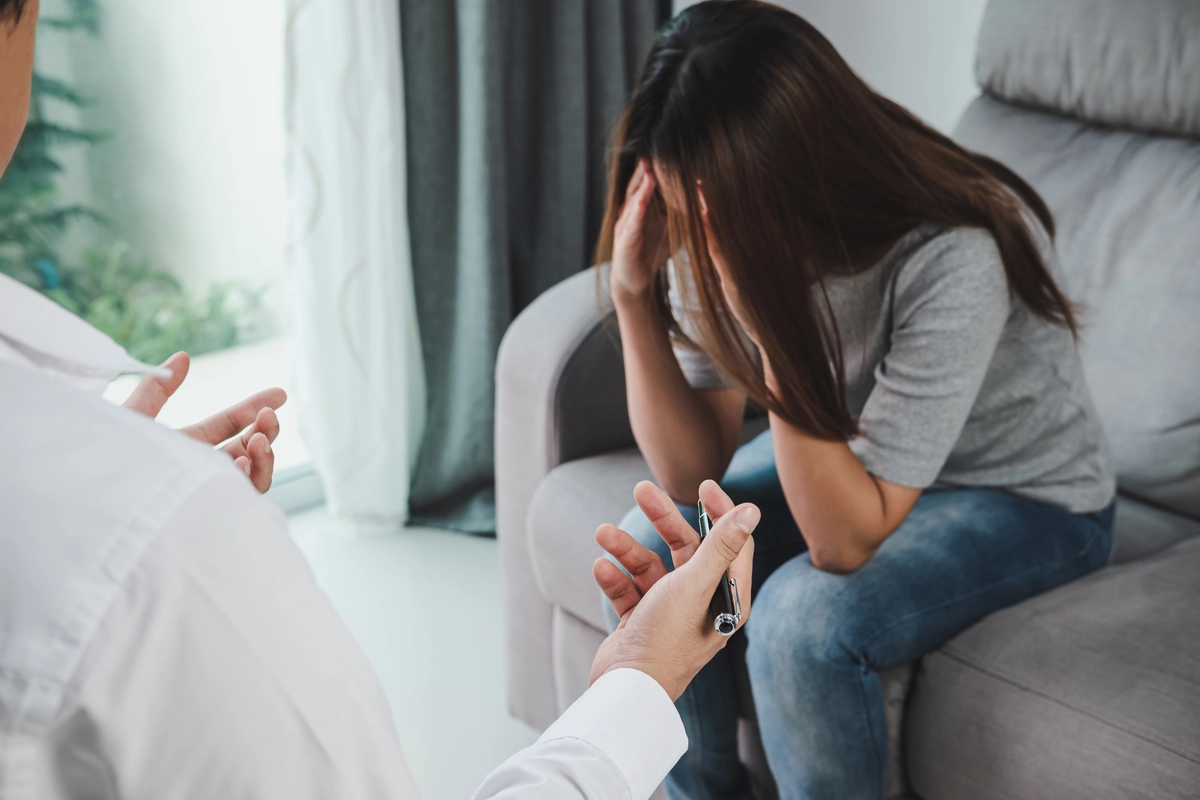24/7 Helpline:
(866) 899-221924/7 Helpline:
(866) 899-2219
Learn more about Eating Disorder Treatment centers in Webster County

Other Insurance Options

Horizon Healthcare Service

Humana

Highmark

Evernorth

State Farm

Health Net

Covered California

Kaiser Permanente

Choice Care Network

UMR

Premera

Sutter

Group Health Incorporated

Access to Recovery (ATR) Voucher

EmblemHealth

American Behavioral

PHCS Network

MVP Healthcare

Optima

GEHA































































